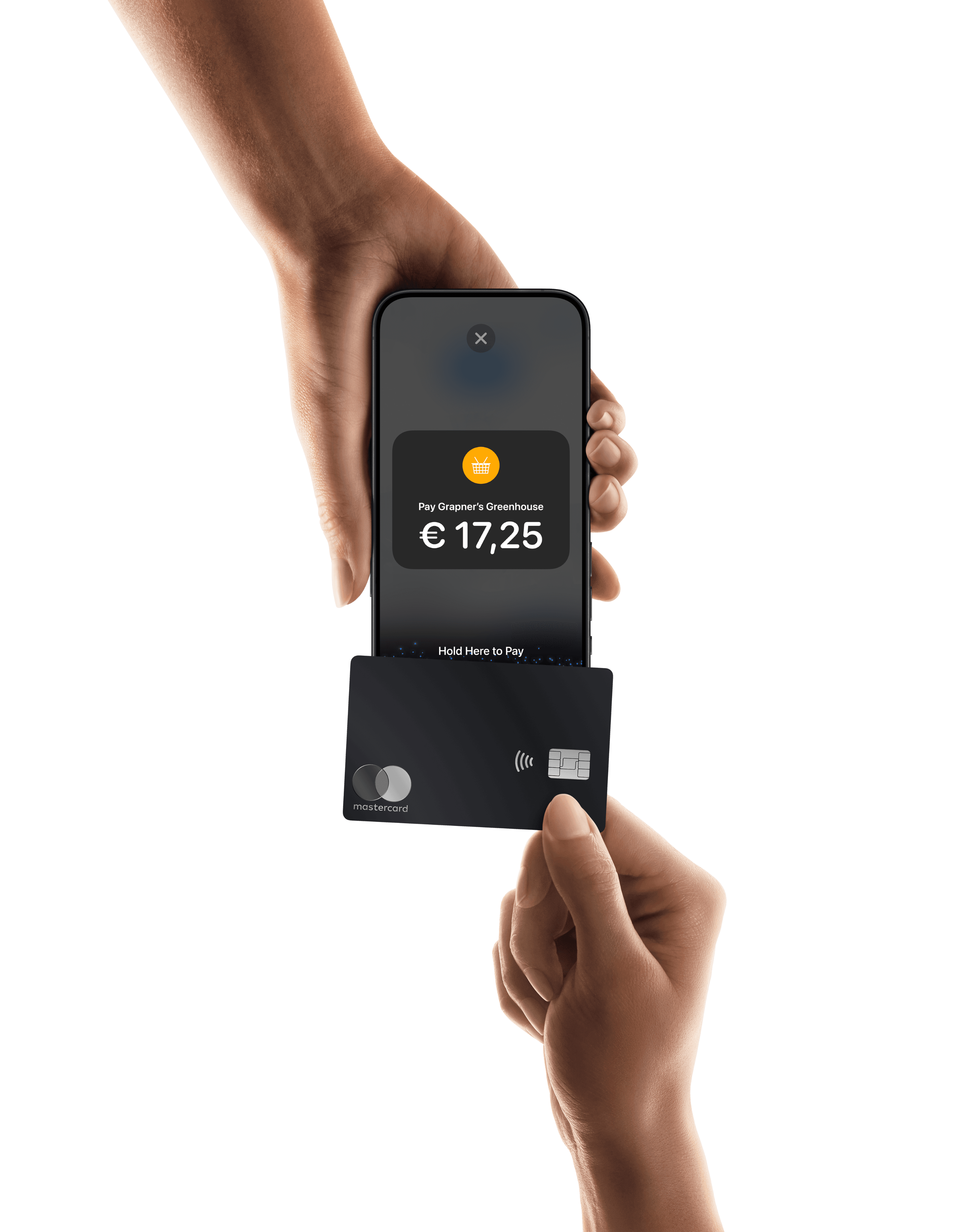The last three years have been a turbulent time in the world with a global pandemic affecting every aspect of our lives. This has been followed by more concern about how stable our futures are looking with 93% of Europeans reported as worried about the rising cost of living according to a recent European Parliamentary survey.
Despite this, in 2024 the German B2C ecommerce market was forecast to reach €87.1 billion, reflecting the nation's growing online shopping habits. Meanwhile, France's e-commerce sales amounted to approximately €160 billion in 2023, marking a 10.5% increase from the previous year. Looking ahead, economic growth in Europe remains uncertain. While some reports suggest potential growth, factors such as inflation and geopolitical tensions contribute to the unpredictability.
The COVID-19 pandemic significantly accelerated the shift towards online shopping, leading to a surge in e-commerce activities. However, this increase has also been accompanied by new trends in fraud..
As consumers seek a bargain and businesses look to protect and grow their income at the same time, all parties become vulnerable to fraud.
To address the growing concern of increasing fraud, the global ecommerce fraud detection and fraud prevention market is predicted to experience significant growth. In 2025, the market is expected to reach approximately $73.96 billion, an annual growth rate of 21.2% from 2024.
The last three years have been a turbulent time in the world with a global pandemic affecting every aspect of our lives. This has been followed by more concern about how stable our futures are looking with 93% of Europeans reported as worried about the rising cost of living according to a recent European Parliamentary survey.
Despite this, in 2024 the German B2C ecommerce market was forecast to reach €87.1 billion, reflecting the nation's growing online shopping habits. Meanwhile, France's e-commerce sales amounted to approximately €160 billion in 2023, marking a 10.5% increase from the previous year. Looking ahead, economic growth in Europe remains uncertain. While some reports suggest potential growth, factors such as inflation and geopolitical tensions contribute to the unpredictability.
The COVID-19 pandemic significantly accelerated the shift towards online shopping, leading to a surge in e-commerce activities. However, this increase has also been accompanied by new trends in fraud..
As consumers seek a bargain and businesses look to protect and grow their income at the same time, all parties become vulnerable to fraud.
To address the growing concern of increasing fraud, the global ecommerce fraud detection and fraud prevention market is predicted to experience significant growth. In 2025, the market is expected to reach approximately $73.96 billion, an annual growth rate of 21.2% from 2024.
The last three years have been a turbulent time in the world with a global pandemic affecting every aspect of our lives. This has been followed by more concern about how stable our futures are looking with 93% of Europeans reported as worried about the rising cost of living according to a recent European Parliamentary survey.
Despite this, in 2024 the German B2C ecommerce market was forecast to reach €87.1 billion, reflecting the nation's growing online shopping habits. Meanwhile, France's e-commerce sales amounted to approximately €160 billion in 2023, marking a 10.5% increase from the previous year. Looking ahead, economic growth in Europe remains uncertain. While some reports suggest potential growth, factors such as inflation and geopolitical tensions contribute to the unpredictability.
The COVID-19 pandemic significantly accelerated the shift towards online shopping, leading to a surge in e-commerce activities. However, this increase has also been accompanied by new trends in fraud..
As consumers seek a bargain and businesses look to protect and grow their income at the same time, all parties become vulnerable to fraud.
To address the growing concern of increasing fraud, the global ecommerce fraud detection and fraud prevention market is predicted to experience significant growth. In 2025, the market is expected to reach approximately $73.96 billion, an annual growth rate of 21.2% from 2024.
The last three years have been a turbulent time in the world with a global pandemic affecting every aspect of our lives. This has been followed by more concern about how stable our futures are looking with 93% of Europeans reported as worried about the rising cost of living according to a recent European Parliamentary survey.
Despite this, in 2024 the German B2C ecommerce market was forecast to reach €87.1 billion, reflecting the nation's growing online shopping habits. Meanwhile, France's e-commerce sales amounted to approximately €160 billion in 2023, marking a 10.5% increase from the previous year. Looking ahead, economic growth in Europe remains uncertain. While some reports suggest potential growth, factors such as inflation and geopolitical tensions contribute to the unpredictability.
The COVID-19 pandemic significantly accelerated the shift towards online shopping, leading to a surge in e-commerce activities. However, this increase has also been accompanied by new trends in fraud..
As consumers seek a bargain and businesses look to protect and grow their income at the same time, all parties become vulnerable to fraud.
To address the growing concern of increasing fraud, the global ecommerce fraud detection and fraud prevention market is predicted to experience significant growth. In 2025, the market is expected to reach approximately $73.96 billion, an annual growth rate of 21.2% from 2024.



